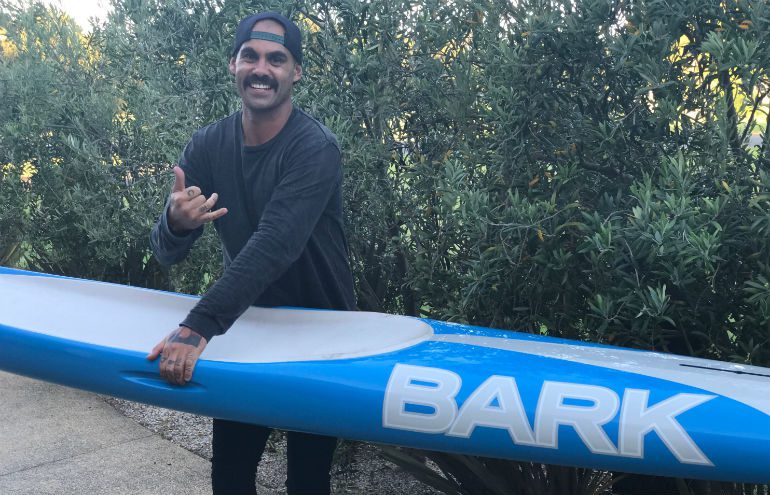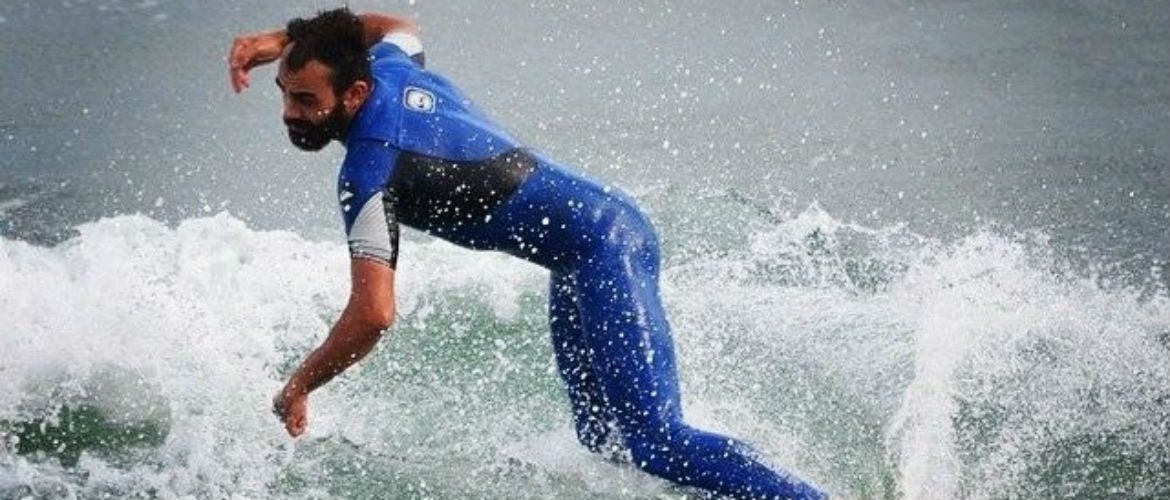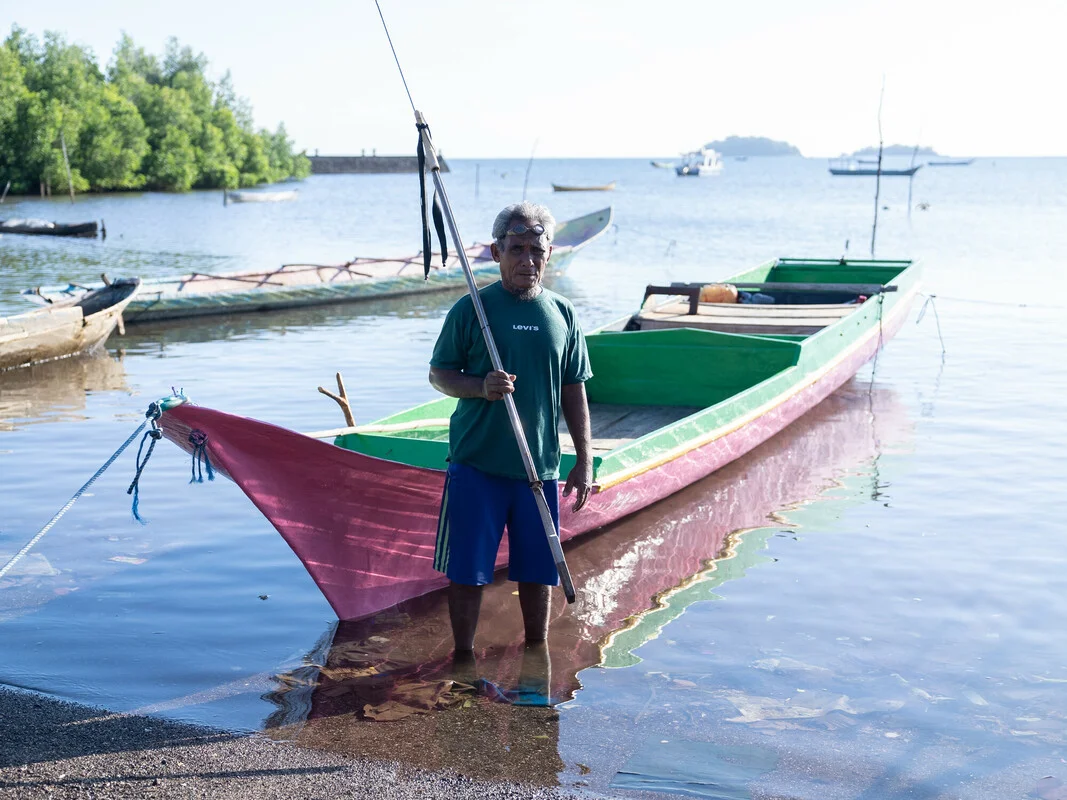What does it take to help someone have an opportunity they might otherwise never have?
Cormach Evans is an Aboriginal Men’s Health and Stronger Families Worker at Wathaurong Health Service in Geelong. He is a 27-year-old proud Yorta Yorta man, and this is a question he is committed to answering.
Indigenous men have an average life expectancy of approximately 60 years of age, up to 17 years less than non-Indigenous men.
Each day Cormach provides culturally sensitive support services to meet the needs of Indigenous men in the Geelong community. Through his work he aims to help the community improve their quality of life and achieve self-determination.
“Every day my desire to improve the health and wellbeing of my people, and my determination to make change, grows even stronger. This is my passion.”
Cormach faced his own battles with mental health growing up. “For a long time I tried sucking it up and did what most men would do and say ‘she’ll be right’. I then turned to drugs and alcohol to mask the pain, but didn’t realise it was making everything harder.”
The support he gained from his family and friends within the community helped him to tackle depression. One friend in particular helped him to understand that we can affect change, and inspired him to work towards providing the same opportunities that he was given to others.
Which is why every morning and night, around work, he has been “training like a madman”. Combining his passion and motivation, this May Cormach, and his friend Zeb Walsh, will make the 170km journey from Aireys Inlet to Melbourne on prone paddleboards.

His Go Fund Me campaign, Paddle for Men’s Indigenous Health, aims to raise $50, 000 which will go towards running programs on mental health, drug and alcohol abuse, homelessness and chronic disease for Indigenous Men in the community.
Cormach believes that awareness, education and prevention are integral to closing the gap.
Education is not only about sharing the knowledge that the life expectancy gap between Indigenous and non Indigenous Australians exists, but also illustrating how dramatic it is and why.
Prevention relies on understanding that the health risks to Aboriginal Australians are not only the result of generational trauma, grief and loss, but also the affects that first colonisation is still having today.
Giving back to his community is what keeps Cormach going.
“Doing what we do, giving people opportunity and support that they might not ever have. You might do something that will change their life, set them in the right direction. I’ve worked a lot with blokes who are at risk of suicide and when you see them come out of that … see them go from rock bottom to working again, and being with family … That’s the best bit.”



